Northern Irish farmers are cultivating change and innovating in all sorts of ways
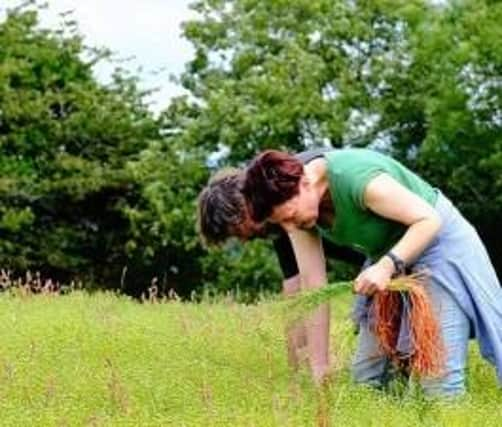

Across Northern Ireland there are farmers working on new crops, new products, new ways to reach their markets and new business models. And for many of them, changing the way they farm means working much more closely with nature.
At Tannybrake Farm near Ballymena, Ruth and Scott Walker are working to an ethos of “small and sustainable”. They have a small herd of Shorthorn cattle producing high-quality milk that can be sold at a premium price.
Advertisement
Advertisement
It has been well documented that people are increasingly interested in thinking more deeply about where their food comes from and are often happy to pay a little more if they know what they buy is produced with looking after the environment in mind.
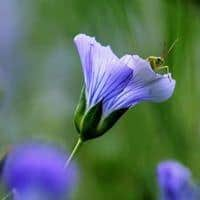

Farming more sustainably can be good for the bottom line too, as it lowers reliance on external inputs which are often prone to price changes. Enhancing nature on farms also makes them more resilient in the face of adverse and extreme weather events which we are seeing more frequently due to climate change.
Innovation is often as much about how you sell a product as what the product actually is. Finding the customer and dealing with them as directly as possible is more likely to enable the farmer to turn a profit. Across Northern Ireland we are seeing vending machines, honesty boxes, farmers’ markets and veg box schemes. Carrick Greengrocers raised their start-up costs by offering community shares, now the community has a vested interest in buying their food there.
They provide a valuable outlet for Christopher Dobbs, a local grower adopting ‘no dig’ methods to maintain his soil health. Carrickfergus isn’t a region associated with vegetable growing but Christopher is showing how it can be done efficiently and profitably.
Advertisement
Advertisement
On our own farm in rural Tyrone we are growing flax for fibre. Our original plan was to make linen but with no local machine spinning we found an easier route to market was to sell the raw fibre which is sought after by the textile, composite and film industries.
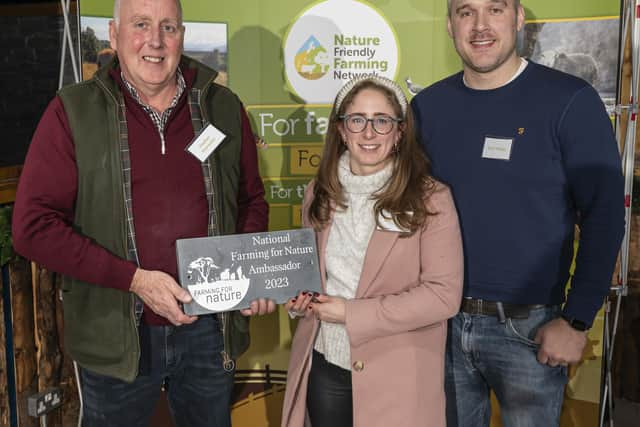

Change in farming can be slow. We have to work with the seasons. It often involves finding outside investment. We are reliant on so many other people in the supply chain. Ours is also a risk-averse industry, and in that culture it can feel challenging to step into the unknown and try something new.
A ‘lean startup’ approach means finding ways to test whether something will work with the minimum effort and resources.
Before we planted any flax we went to a high-end exhibition in London with some old stocks of Irish Linen, just to gauge interest.
Advertisement
Advertisement
We found that while people liked the heritage value of the linen there was much more interest in the sustainability of the textile. This was enough to convince us that planting a few acres would be a suitably low risk.
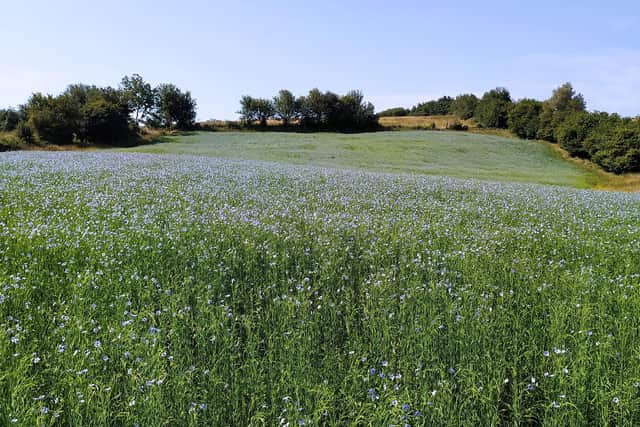

It can feel scary, but doing something no-one else is doing is likely to be more profitable. That has certainly been our experience. Proactively making change has also made us much more positive about the future of the farm.
Recognition of the importance of innovation is growing across the sector. This month, for instance, eight students will be competing in the second Innovation Competition being organised by CAFRE.
They will be pitching their ideas to a panel of judges hoping to win a share of the £5,000 prize fund sponsored by the Food, Farming and Countryside Commission.
Advertisement
Advertisement
Whether they win or not they have already shown that they are willing to put their ideas out there. They are true innovators and deserve support.
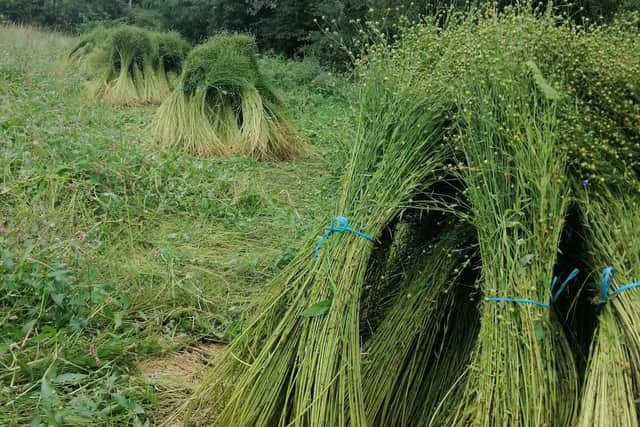

The ever-increasing pace of change means the ability to innovate is becoming a major asset for any business. Across the corporate world much thought goes into creating a culture of innovation. It’s about making space to think and dream, where it’s OK to try new things and to get things wrong.
If we want to support innovation in farming we need to learn from this. We need to focus more on the process than the end result. We need to recognise that diversity in farming - whether that’s diversity of habitats, products or business models - leads to better outcomes for landscapes and more profitable businesses. We need to celebrate the people who are having a go regardless of how it turns out.
The Nature Friendly Farming Network (NFFN) is a UK farmer-led network working to mainstream nature-friendly farming as the most sustainable way of producing food.
Advertisement
Advertisement
It is a membership organisation led by farmers working alongside other organisations and public supporters. It unites farmers across the UK who champion how food and farming can positively influence change. Together, it is a strong voice for sustainable food and farming in the UK.
Its work is to support farmers at every stage of their journey towards nature-friendly farming.
Through showcasing the experiences of farmers who are leading the way, it shares knowledge that empowers those in transition to produce plentiful food. It is committed to shaping food and farming policies that ensure fairer returns for farmers, improved access to sustainable food and greater stewardship of the environment.
It shares farm-level experiences of whole-farm approaches that restore rural environments, regenerate ecosystems, protect biodiversity, act on climate change and offer greater resilience to natural or economic shocks.
Its mission is to take nature-friendly farming to a new level. Visit https://www.nffn.org.uk/join-us/ to find out more about joining.